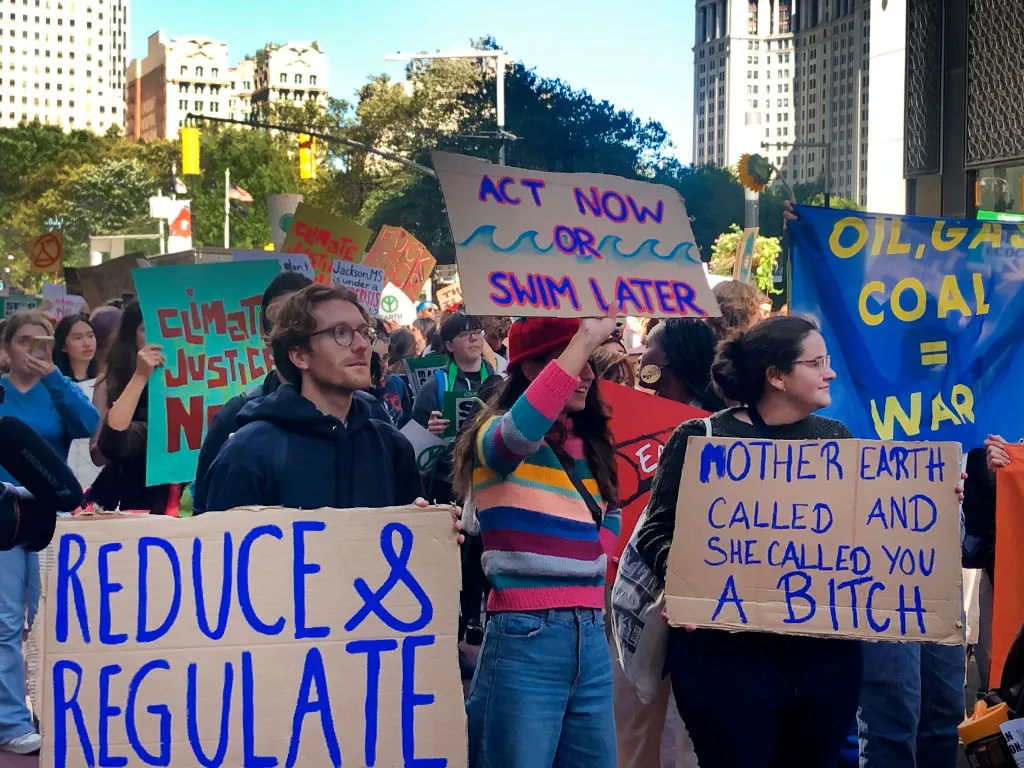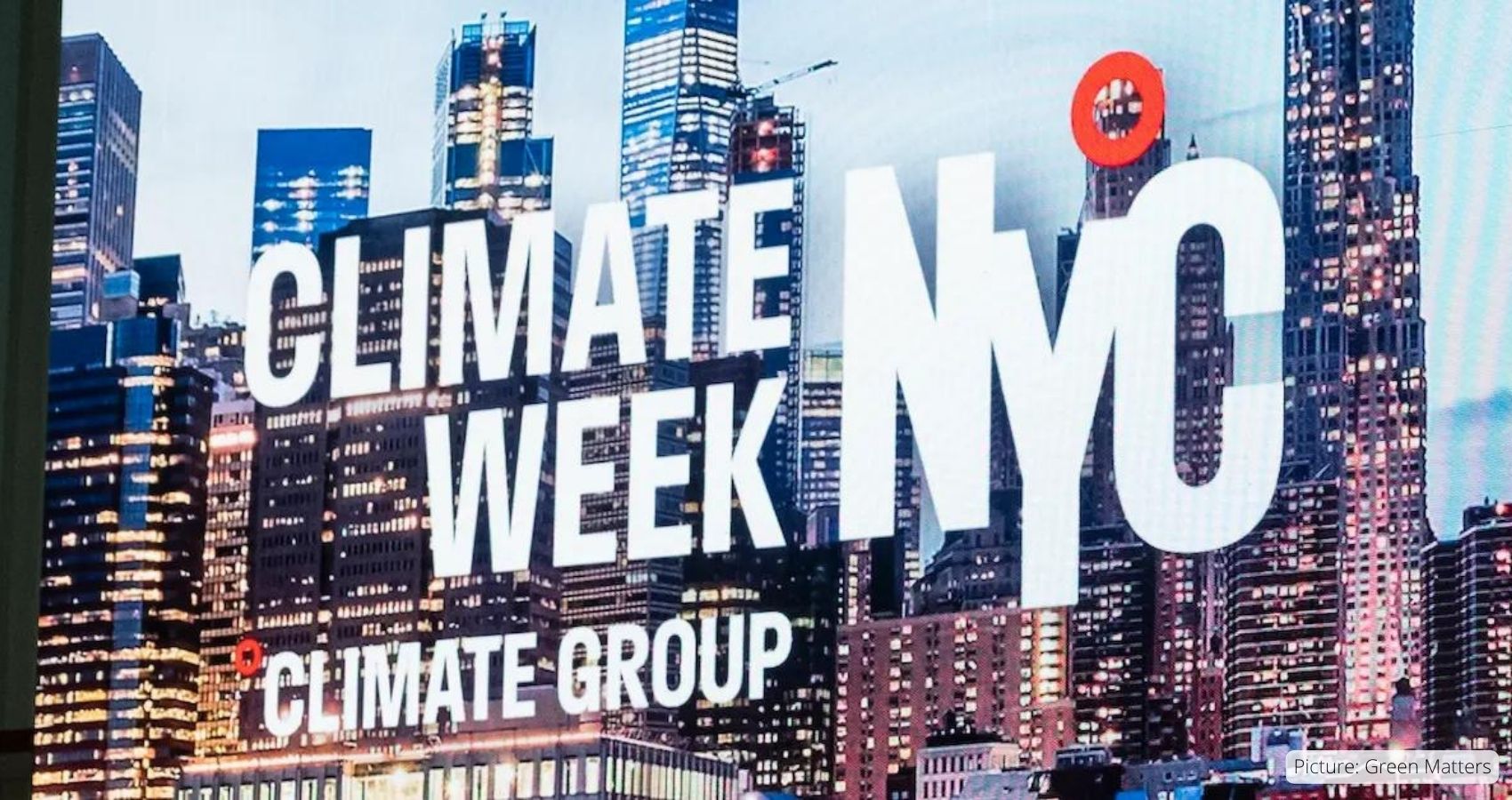When reporting on unfolding news events, one of the primary challenges lies in crafting a coherent narrative amidst the complexities of reality. In New York this week, a convergence of government officials, corporate leaders, and civil society figures gathered to discuss the pressing issue of climate change. This assembly, known as New York Climate Week, is not a conventional conference but rather a series of meetings and ancillary events coinciding with the United Nations General Assembly. While some may question the efficacy of such gatherings,
they offer valuable insights into the perspectives and strategies of those engaged in tackling climate-related challenges.
The landscape of climate action is undeniably intricate and multifaceted. On one hand, the transition towards a more sustainable future is making notable progress. Investment in clean energy has surged in recent years, and despite resistance to environmental, social, and governance (ESG) initiatives, corporations continue to invest in decarbonization. On the other hand, a complex web of political and economic obstacles has cast a shadow over efforts to enact more ambitious climate policies. Corporations, once enthusiastic about making substantial commitments to combat climate change, have encountered the stark reality that implementation is far more challenging than making announcements.

Oliver Bäte, the CEO of the German financial services firm Allianz, articulated this predicament at the United Nations, stating, "The long era of robust economic growth, low inflation, and
geopolitical stability is over. Suddenly, fighting climate change has become an ever greater challenge." These hurdles are disconcerting for those concerned about the escalating threat of
rising temperatures and the attendant risks to humanity. However, an alternative perspective suggests that these challenges signify the full-scale initiation of the energy transition, and our
response to them will be pivotal.
To comprehend this dual narrative, it is beneficial to examine the actions of both the private sector and government independently.
In the private sector, a growing cohort of companies has made bold pledges to achieve decarbonization in the coming decades. These commitments garnered acclaim upon their initial announcement. However, the time has come for these companies to translate their promises into tangible results. Many businesses began with the low-hanging fruit, such as procuring renewable
energy and enhancing energy efficiency. Nonetheless, achieving the necessary emissions reductions to fulfill their commitments often demands substantial effort. This entails devising novel business models and products rather than simply refining existing ones. Concurrently, rising interest rates and disruptions in supply chains stemming from the pandemic have complicated matters. Companies are now competing for limited supplies of low-carbon materials, exemplified by manufacturers vying for a restricted quantity of low-carbon steel. During discussions in New York, corporate executives underscored their commitments while expressing a sense that the current political and economic climate has impeded progress. The political landscape presents a similar labyrinth of challenges. Some heads of state arrived in New York to announce fresh commitments to combat climate change. Others advocated for combining ambition with realism, with pragmatism emerging as a central theme, as exemplified by the official from the United Arab Emirates tasked with leading this years’s U.N. climate conference. Conversely, some leaders chose not to attend at all, as demonstrated by British Prime Minister Rishi Sunak, who declared this week that the UK should temper its climate efforts. In a way, these setbacks are a natural consequence of progress. Political and business leaders must collaboratively navigate these hurdles to sustain momentum. It’s a task that no conference or summit can fully resolve.











